|
Have you ever been on an archeological dig? Do you know how it works?
Archeologists find a mound (called a “tel” in Hebrew, as in Tel Aviv) and after determining that there is more than just dirt there, they begin digging down, one layer at a time. Each layer represents another civilization and period of time. You see, in the ancient world, when one group conquered the other, they leveled the city, filled it in with dirt, and built on top of it. They did not have the technology or machinery to cart off the rubble and remains to another place. Thus, if one digs down, one finds the artifacts of civilization after civilization until we get to the bottom layer or (sometimes) the original inhabitants. I would like to suggest that model for understanding just how relationships actually function. Originally, this was designed for the workplace but I have found it has widespread application to other relationships as well. Relationship can be defined as “two or more people who are connected for a purpose—an organization, a mission, team, parenting, marriage, etc.” Two primary assumptions undergird this model. First, all real relationship begins with curiosity and second, relationship is the foundation for all accomplishment. In other words, if I am not curious about who you are, I will not enter into a true relationship with you. Further, we cannot accomplish anything meaningful if we are not in relationship or if our relationship is not functioning. So, a lot is at stake in creating and maintaining relationships. Perhaps this pyramid graphic might help. At the top is workability which answers the question, “Are we functioning well together or not?” When I am called in to consult with a leader or an organization, there is more often than not some breakdown in workability. We can understand workability as cooperation, collaboration, getting along, or simply, getting things done. More often than not workability means we have agreement on a set of goals with clear boundaries and accountabilities. High workability usually leads to success. Low workability results in stagnation and frustration. Over the long haul, low workability will lead to breakdowns, shut downs, even failure. We cannot accomplish much if we cannot work together. The foundation for workability is trust. While trust can be built on objective criteria, it primarily is the feeling or inner sense that the other can be relied upon. The thing about trust is that it usually builds on itself. That is, the more someone comes through, the more we trust them. But the opposite is also true—trust is diminished when our partners fail to show up. And when trust is broken, it is really difficult to rebuild or regain. Which is why integrity is the foundation for trust. Now integrity is not some moral high ground; it is not about being better than anyone else. Rather, integrity is about being consistent. When I stand for something with reliability, I have integrity. That’s it. And the foundation for integrity? Simple. My word. Words are very powerful. In the creation story of my people, God creates everything with words. God says and it is. Just like that! We, too, create with words. In fact, all those great ideas we have each day only come into the possibility of existence when we speak them into the hearing of another. Who I say I am, what I say I will do, where I am when my word shows up—all of these constitute my word. Of course, there are times that despite my best intention and/or effort, I am unable to fulfill my word. We all have that experience from time to time. Then it is essential that I own that, take responsibility for it, and create a new my word to fulfill. Doing so (as long as it does not happen all the time) will keep one’s integrity totally intact. Fully functioning relationship powers our work and our world. Go for it! P.S. This “tel” works the other way as well. I give my word. Fulfilling that builds my integrity. The stronger my integrity, the more people trust me. And the greater the trust, the greater is our workability.
0 Comments
Leave a Reply. |
Blogs and VideosArchives
January 2021
Categories |
|
I exist to be a connector—connecting people to themselves (allowing for awareness and insight, as well as wholeness and personal growth); to one another (creating sacred community); and to God (linking themselves to a Higher Purpose in all they do in life).
|
©2021 Eitzah, Inc. All rights reserved.

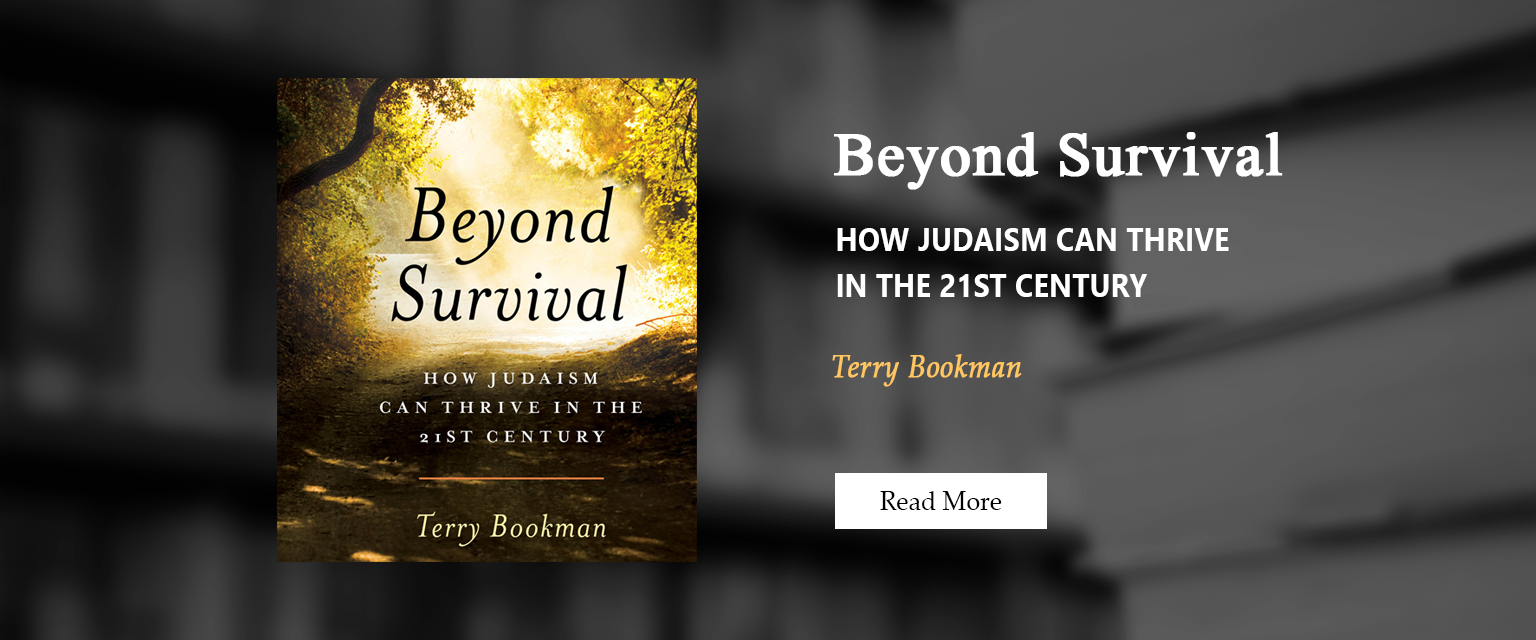
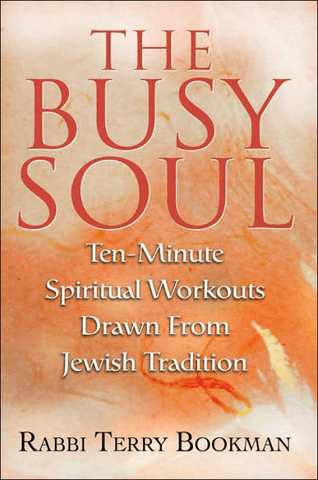

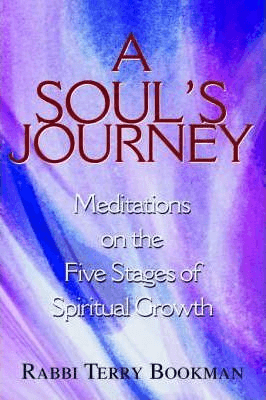
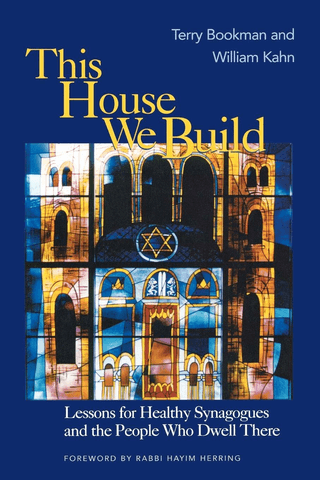

 RSS Feed
RSS Feed
